In a world full of nutrition misconceptions, daily coverage of new studies, and the continuous pushing of new miracle ingredients and superfoods, it’s hard to distinguish facts against fiction.
It seems as if every time we go to the store, there’s a new product with various health claims. Gluten free this, hormone free that, free range eggs, chemical free. It’s very easy for the consumer to get confused and overwhelmed about nutrition, especially at the grocery store, where the latest and greatest food products and supplements are advertised and displayed.
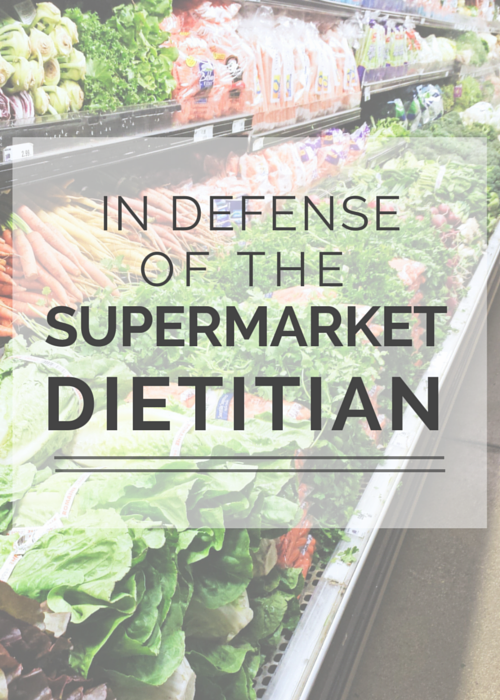
A couple weeks ago, I came across an article written for The Globe and Mail: Grocery stores are hiring nutrition experts, but is their advice hurting more than it’s helping? I won’t go into too many details of the article, you’ll have to read it yourself if you haven’t already. The author is basically stating that the growing number of “nutrition experts” popping up in grocery stores may be hurting us more than helping.
The article states that dietitians are the latest sign that grocery stores are getting pushier about offering nutritional advice, and that this assumes we are all “nutrition truth-seekers who require an intervention to feed ourselves”. The article questions: “Are dietitians becoming the helicopter parents of the grocery aisle?” Basically, that the dietitian is waiting in the aisles, stalking their prey for the next nutrition fad victim.
What irked me the most about this article was this statement:
The more we invite and accept dietitians into our lives, the more we are turning over the act of feeding ourselves to the experts, and the more overwhelmed we may end up feeling. It reminds me of the arguments being made against over-parenting—the more helpful advice and loving support parents try to provide their kids, the more they are robbed a chance to develop belief in themselves.
The author feels that supermarket dietitians, grocery store tours, and wellness programs serve to enhance our reliance on specialists, reinforce the false idea that food choices boil down to a set of nutrients, and promote fad diets and supplements.
I believe just the opposite of this article. Supermarket dietitians aren’t out to rope you in and offer you the latest “super food” or supplement. Supermarket dietitians are making huge changes in community nutrition—starting from supporting community-supported agriculture (CSA’s) to cooking demos, or providing nutrition coaching services in-store. Supermarket dietitians have one goal: to help us make better food choices every day.
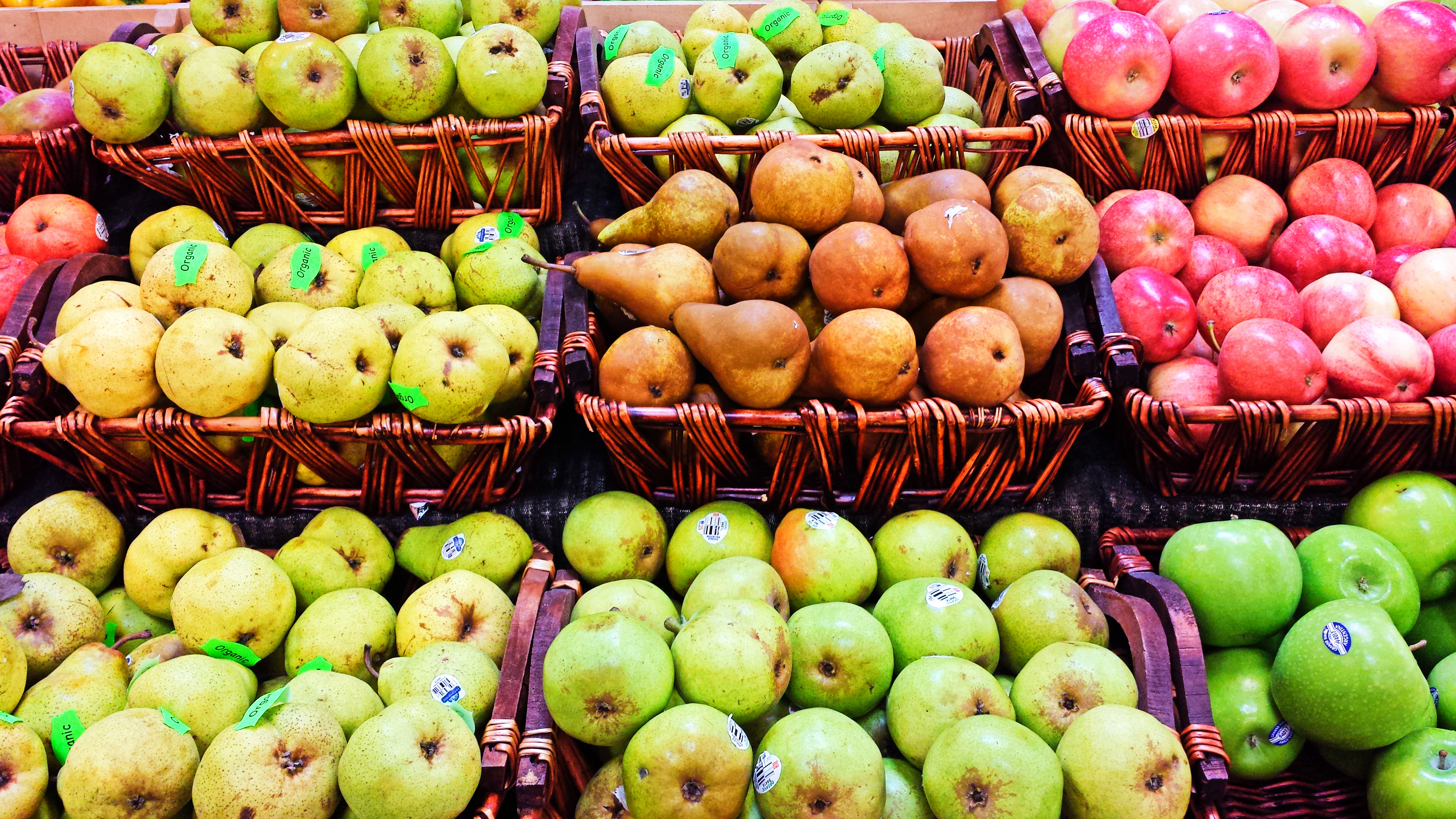
Sharon Palmer, RD, wrote a great article called for Today’s Dietitian about what supermarket dietitians can do for you. Among the list includes:
- Teaching people how to cook (with cooking demos, recipe suggestions, developing recipes, or hosting cooking classes)
- Educating about reading labels (through brochures, articles, shelf labeling systems)
- Increase fruit and vegetable consumption (special educational campaigns, visual store displays)
- Managing food allergies
- Teaching kids about nutrition through special kids classes and campaigns
Dietitians may also work in house with the pharmacy, teaching consumers about diabetes and high blood pressure management, or by creating wellness programs with the employees of the supermarket.
Another article in Today’s Dietitian written by Beth Orenstein, says that the average woman sees a physician twice per year, yet goes grocery shopping two to three times per week. Since part of healthy eating is grocery shopping, this is the perfect opportunity for the dietitian to offer help and advice to the confused consumer.
Supermarket dietitians are nothing new. Wegmans, a popular chain based in New York, added its first dietitian in 1988. In response to a Progressive Grocery survey last year, 40% of supermarkets reported they have an RD on staff—whether corporate or retail. The supermarket dietitian is a growing profession, serving as health and wellness ambassadors within the grocery store. More chains are hiring dietitians as they’re seeing the benefits that other supermarkets are reaping.
The president and CEO of Hy-Vee (another popular grocery chain) said it well:
The reason we win as a grocery chain isn’t stores or products; it’s our people caring and making a difference … If we sell pork and beans for a nickel cheaper than our competitor, our customers will love us all week. However, if one of our dietitians helps a customer change their life or the life of someone they love, they will love us forever.
The dietitian doesn’t stand in the aisles and push supplements. They offer in-store consultations for issues such as diabetes or high blood pressure, cooking classes, assemble healthy take-home meals, and do presentations in schools and businesses. They also help explain any nutrition labeling systems that might be used, such as the NuVal system, a nutritional scoring system done by independent nutritionists and medical experts that help consumers assess the nutritional value of products.
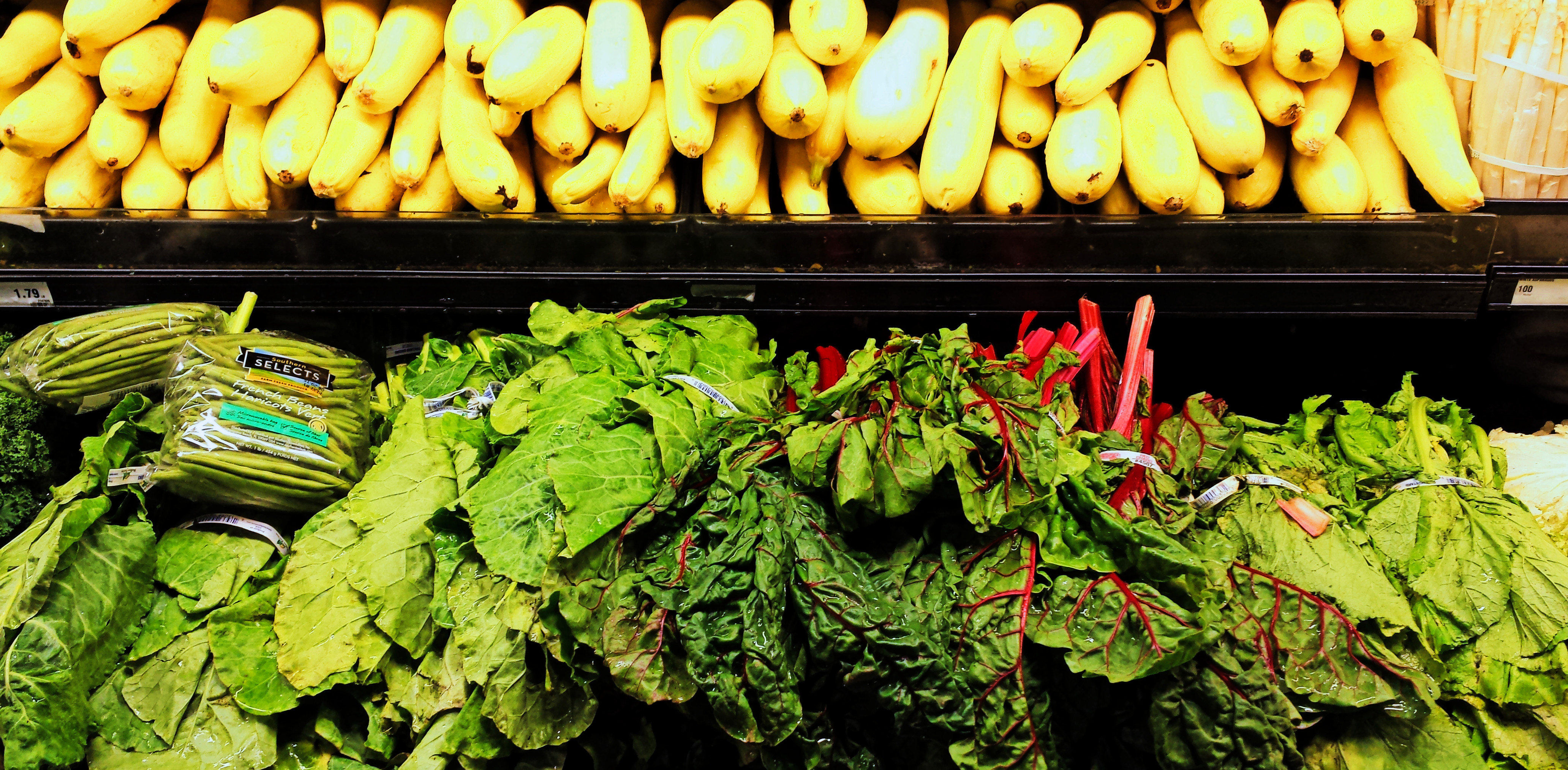
In a time where American consumers are beginning to connect health and wellness to their diets, the focus is switching to the supermarket. In a poll done by the Food Marketing Institute, consumers want help finding nutritious foods. In fact, 64 percent of shoppers read nutrition labels. Dietitians can play an important role in helping consumers sift through the overwhelming amount of information and find what’s most appropriate for themselves and their family.
There are several ways in which the original article has it wrong: that dietitians are super-food salesmen, and that working with a dietitian turns over the act of feeding ourselves to the experts. Both in fact, are exactly the opposite.
A Registered Dietitian has science-based training to steer you away from false or hyped up nutrition claims. A Registered Dietitian can teach you to meal plan, to grocery shop, to prepare foods, and to pay attention to your hunger and fullness cues. The key words being teach, not do for you.
A Registered Dietitian is trained to coach, support, and teach you how to believe in yourself so you and your family can live a healthier, less stressful life, free of fad diets. When you work with a Registered Dietitian, you are not turning over control. You are learning to take control.

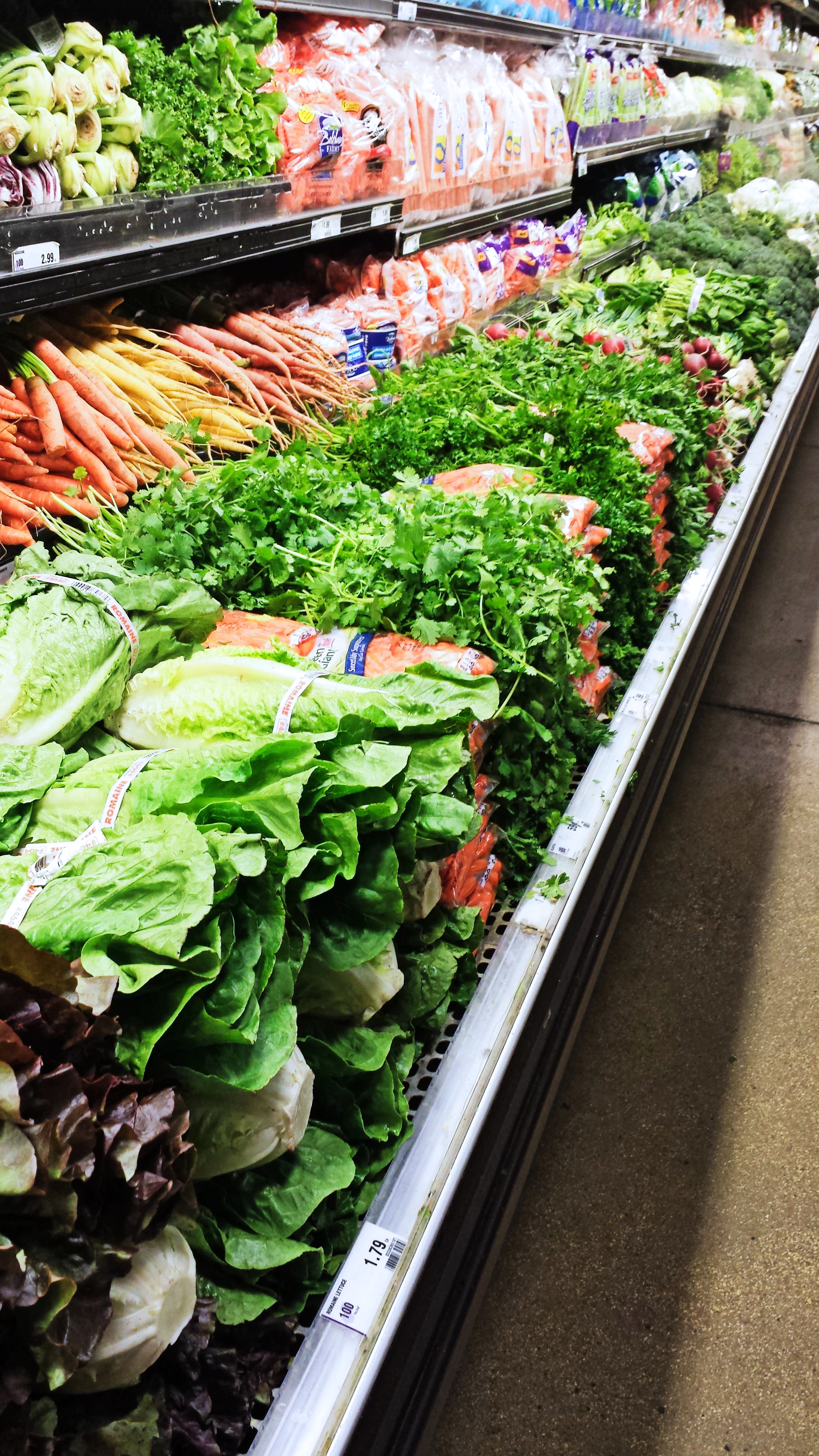

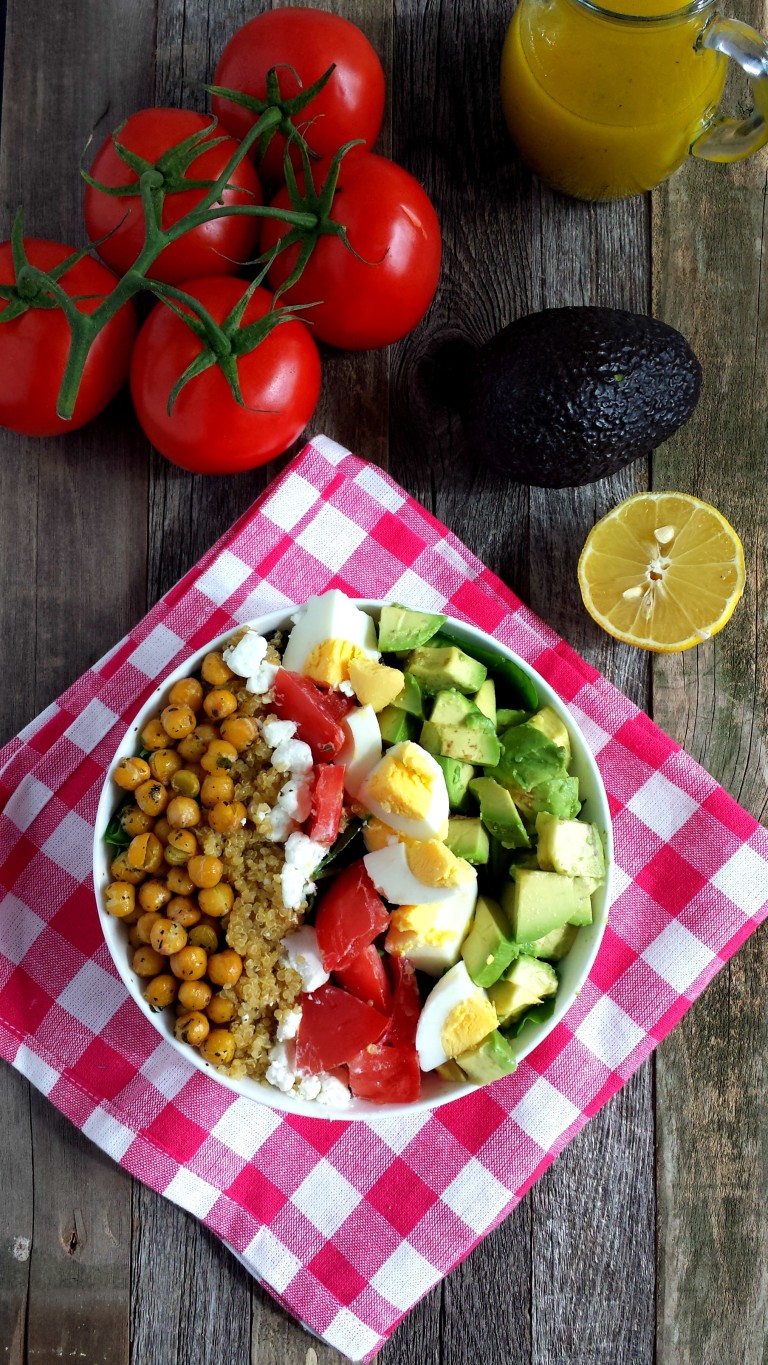

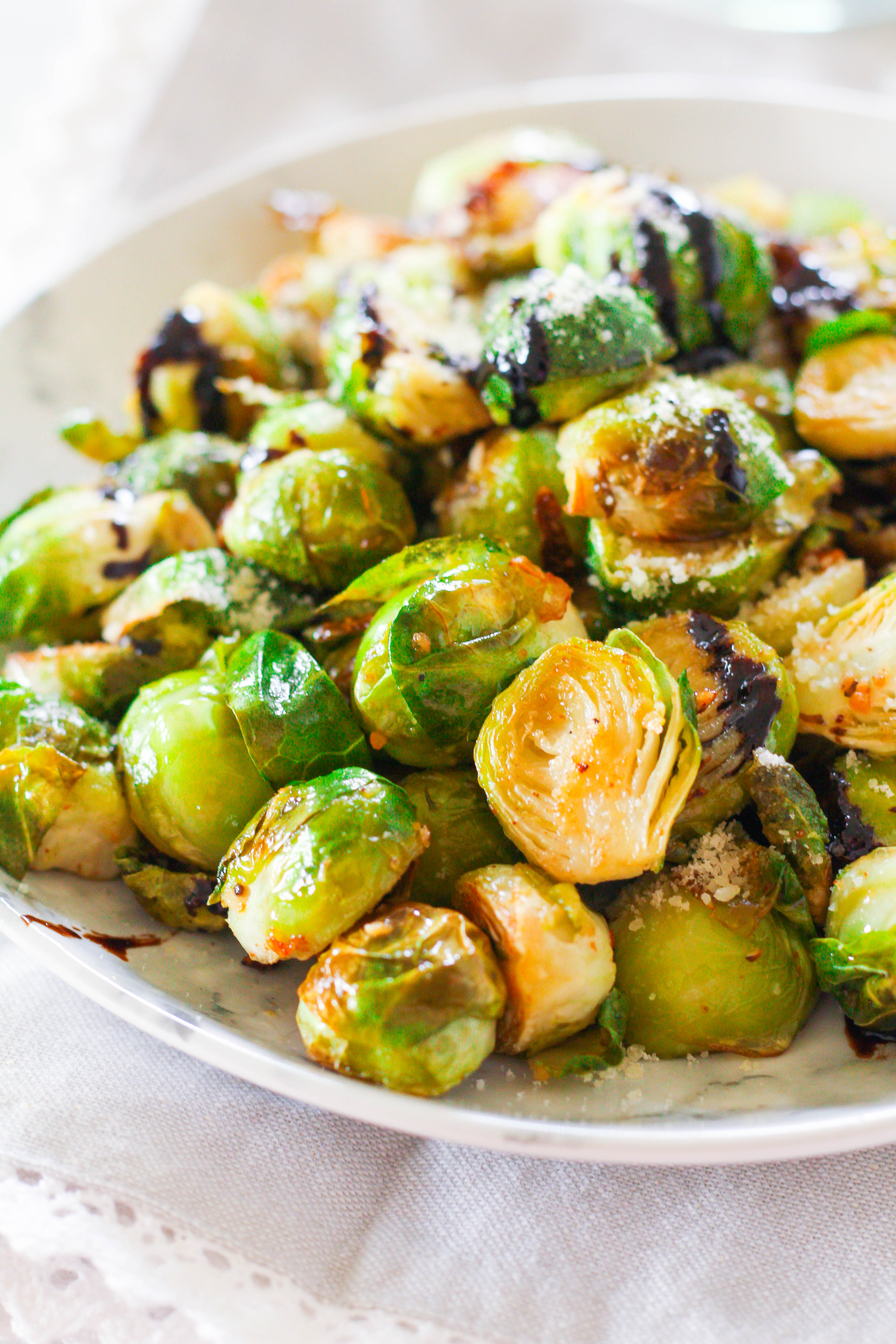
Love this! I work as a community health RD and can relate to this so much! I’d like to say to that author, “so you think the food industry is doing a great job at telling people how to eat healthy?” So many products are misleading, so how can demystifying these be doing harm? Great post!
Thanks, Emily! I agree, someone has to be the one to help people decode all of the misleading products!
Emily, you should add on how RDs help with reading food labels correctly. Most of us dont have any idea about the food actual nutrients and get confused or make wrong decisions, such as this https://www.infowars.com/consumer-group-sues-general-mills-over-cheerios-protein-claims/
RDs can be very helpful in reading these properly.
We are actually building a platform for RDs to do this: Checkout how RDs can become an active part and validate product claims in a social platform https://phrql.com/healthy-dividends/
We will be releasing in January.
thanks for sharing your views. i have not read that article but i will..but i think having a dietitian is a great asset.
I completely agree with you! The author of that article clearly has never worked with a dietitian. We empower others, we don’t sell them things.
Love the article and could not agree more with you Emily. I work part-time in a CrossFit gym while I am back in school to become a Dietitian. I offer grocery shopping tours with my gym members and they absolutely love it!
Thank you so much for this article! I’m an in-store supermarket dietitian (Hy-Vee) and I don’t think even one of the hundreds of customers and clients I’ve interacted with would say I was TRYING to sell them something. We educate people on nutrition, meal planning, cooking and more just as you said. We cut through the clutter of all the misinformation and marketers and help people live better lives. Your article is just wonderful.
What the article describes dietitians as doing are actually what I feel like “nutritionists” do. I find most of my patients are kind of lost when it comes to nutrition so maybe they woyld apprecite some help at the grovery store.
Thank you so much, from an H-E-B Supermarket RD! My main objective is to sell health and to make it easier for customers to find better for you foods- how to prepare and incorporate them and to work within their budget and cultural preferences.
Great article and retort for the misinformed globe and mail reporter! As dietitians we help consumers make decisions that are right for them not what we believe is the right choice.
Go girl!!!! I LOVED this post. You just made me even more proud to be a registered dietitian! And I hate to say it but I think the author of that article didn’t get into an internship…. JK. Totally kidding. But the reality is they have likely had a bad experience with a RD and here’s to hoping it doesn’t happen again!
Love this, Emily! :)
Fabulous post and response to the original article, which irked me as well. Sharing this now!
This was so well said Emily!!! Agree 1 million percent :-)
Loved all of this! I haven’t read the original article, and I’m not sure I want to but as a consumer I can get behind everything you said about why supermarket dieticians are important. Thanks for sharing!
Thank You so much for this article! I just stumbled accross your blog, and I absolutely love it! I am desperately interested in becoming a Supermarket Registered Dietitian, and am already in my senior year of Dietetics at CSUF. I cant believe anyone would see a food and nutrition expert as a bad thing in the supermarket!
[…] In Defense of the Supermarket Dietitian – A great article by Emily Hein, RD of Zen and Spice. […]